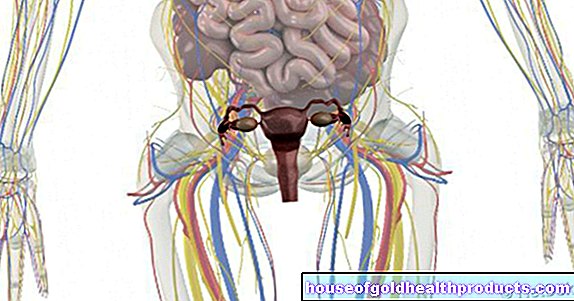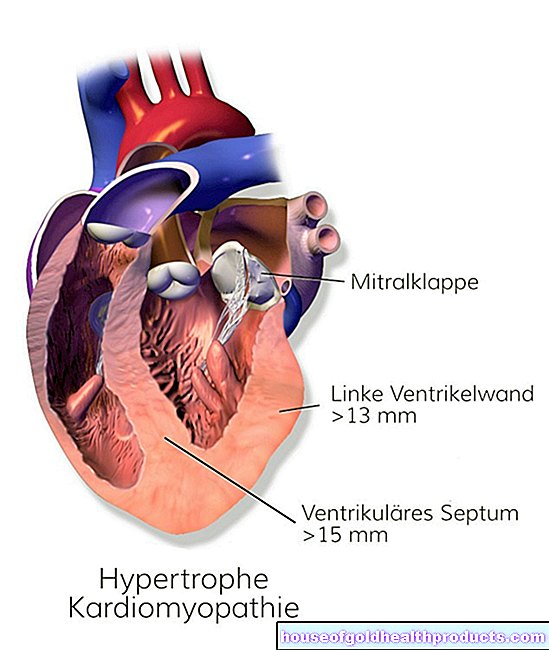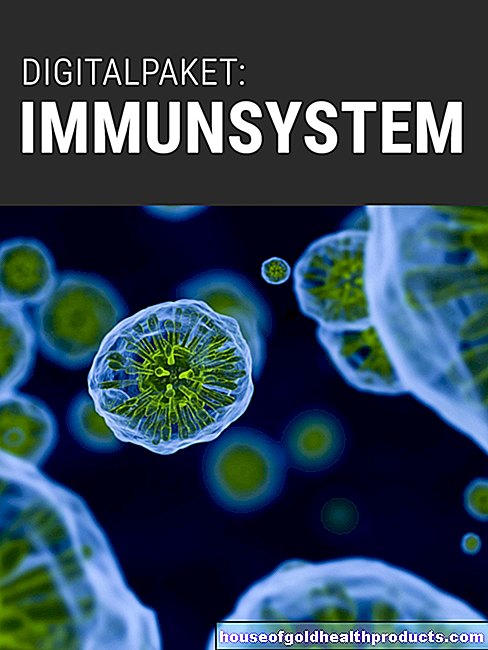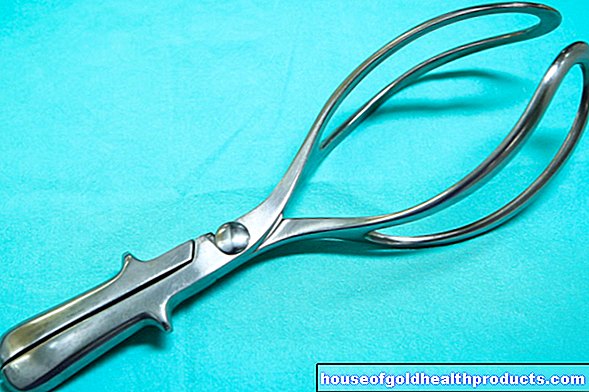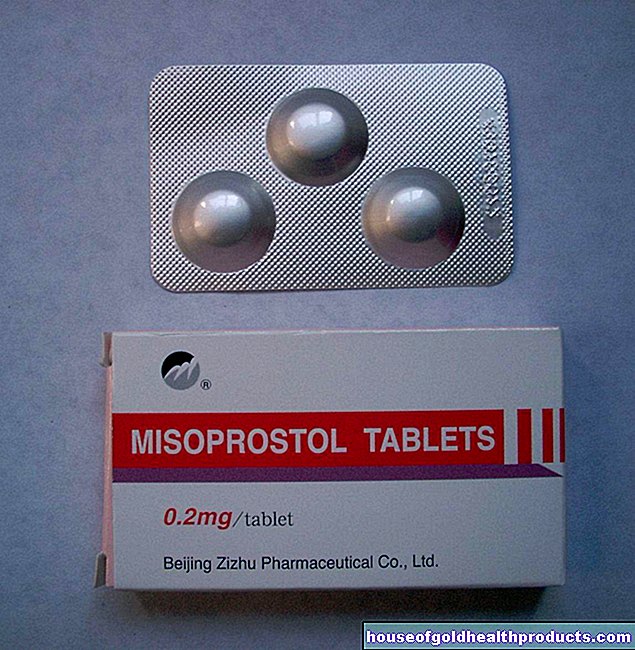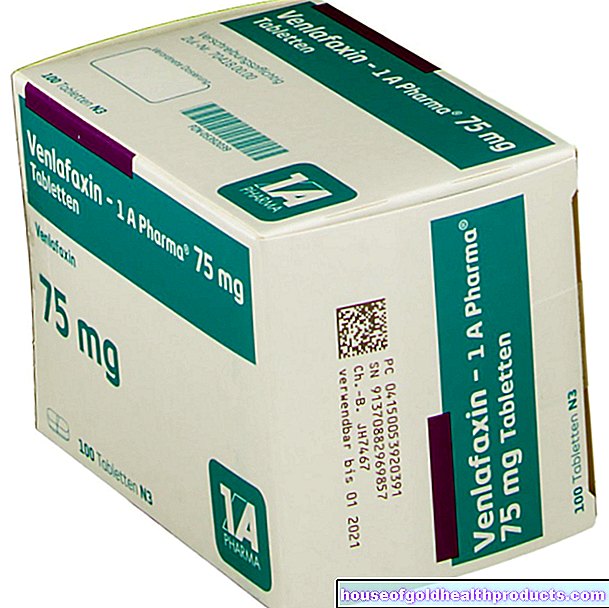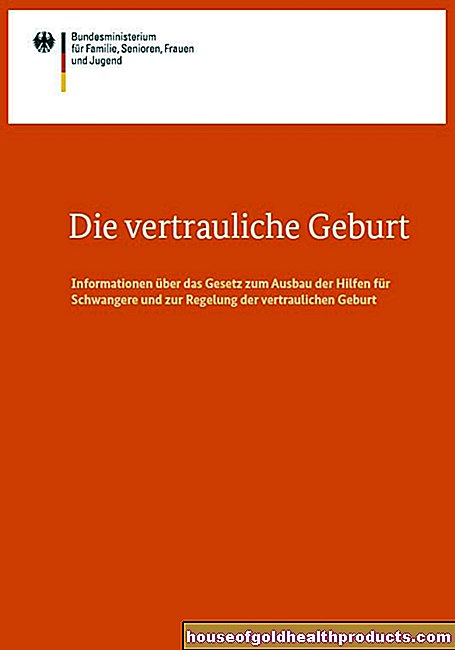Magnesium in pregnancy
Dr. rer. nat. Daniela Oesterle is a molecular biologist, human geneticist and trained medical editor. As a freelance journalist, she writes texts on health topics for experts and laypeople and edits specialist scientific articles by doctors in German and English. She is responsible for the publication of certified advanced training courses for medical professionals for a renowned publishing house.
More about the experts All content is checked by medical journalists.Everyone needs magnesium. However, pregnancy increases the need for the vital mineral, even if only slightly. However, pregnant women usually get enough magnesium through a balanced diet. In the case of problems during pregnancy such as calf cramps, premature labor or preeclampsia ("pregnancy poisoning"), however, the administration of magnesium supplements makes sense. Read everything you need to know about magnesium & pregnancy here!

Why do we need magnesium?
Magnesium is an essential mineral that we have to take in regularly through food. It takes on numerous tasks in the human body. Magnesium, for example, influences a large number of metabolically active enzymes and is involved in the transmission of stimuli from nerve cells to muscle cells. Magnesium also stabilizes the bones and contributes to the function of cardiac and vascular muscle cells.
A lack of magnesium therefore leads, for example, to muscle cramps (such as nocturnal calf cramps) and nervous seizures. Loss of drive, dizziness and alternating constipation and diarrhea can be further signs of insufficient magnesium concentration in the body. Palpitations or cardiac arrhythmias are sometimes also due to a lack of magnesium.
Pregnancy: need for magnesium
Pregnancy slightly increases the need for magnesium. Pregnant women should consume around 310 milligrams of magnesium per day. For non-pregnant women between the ages of 25 and 51, the recommended daily amount is 300 milligrams.
This ten milligram difference can be covered by diet. As a rule, magnesium supplements can therefore be dispensed with.
Which foods contain magnesium?
A balanced and varied diet provides us with the amount of magnesium we need every day. Foods particularly rich in magnesium are:
- Fruit (such as bananas, raspberries)
- Vegetables (all green vegetables as well as carrots, potatoes)
- Whole grain products (such as bread, oatmeal, muesli)
- Milk and dairy products such as cheese and yogurt
- Legumes (such as beans, peas, lentils)
- Nuts and sunflower seeds
- Soy products
- meat
In summer, the body loses important minerals such as magnesium and calcium through sweat. With drinks you can not only fill up the necessary water reserves, but also replace the lost minerals. Tap and mineral water do a good job here. The amount of magnesium contained is stated on the labels of the mineral water bottles.
Pregnancy with complications
Sometimes it is advisable to take additional magnesium during pregnancy for medical reasons. The attending physician will prescribe magnesium supplements in the event of certain complications or a proven deficiency in the pregnant woman. Such complications can be:
- Calf cramps
- premature labor
- pre-eclampsia
Calf cramps: If pregnant women often suffer from (nocturnal) calf cramps, there may be a magnesium deficiency. Dietary supplements or prescription medicinal products with magnesium alleviate the symptoms.
Premature labor is different from normal labor. They occur over a long period of time and at short intervals. If the calculated due date is still too far away, pregnant women should then consult a doctor quickly! Otherwise, the child may be born prematurely. Magnesium supplements and plenty of rest and relaxation are often prescribed to prevent premature labor.
Preeclampsia ("pregnancy poisoning") is characterized, among other things, by high blood pressure, water retention in the tissue (edema) and proteinuria (increased excretion of proteins in the urine). Severe preeclampsia threatens premature birth, deficiency development or the death of the unborn child. Neurological disorders and attacks can occur in the pregnant woman herself. This life-threatening complication of preeclampsia is called eclampsia. Affected women are given magnesium infusions to prevent seizures.
Pregnancy: Magnesium as a precaution?
Some experts recommend that every woman take magnesium during pregnancy. This should, for example, prevent childhood growth disorders or preeclampsia and increase the birth weight. Scientific studies, however, deny that magnesium has this good effect.
Conclusion
A healthy and varied diet covers the daily need for magnesium. Pregnancy also usually does not require additional magnesium supplements. If you would still like to take magnesium during pregnancy, you should discuss this with your doctor first.
Tags: skin desire to have children home remedies






